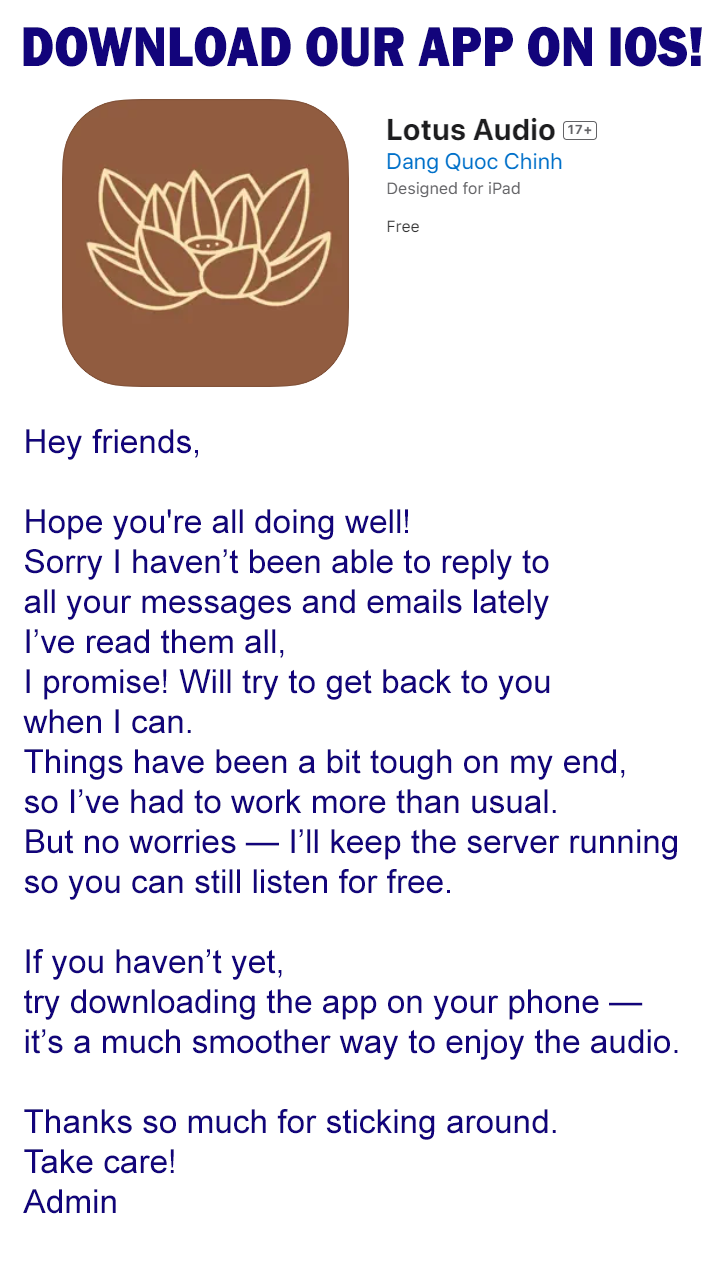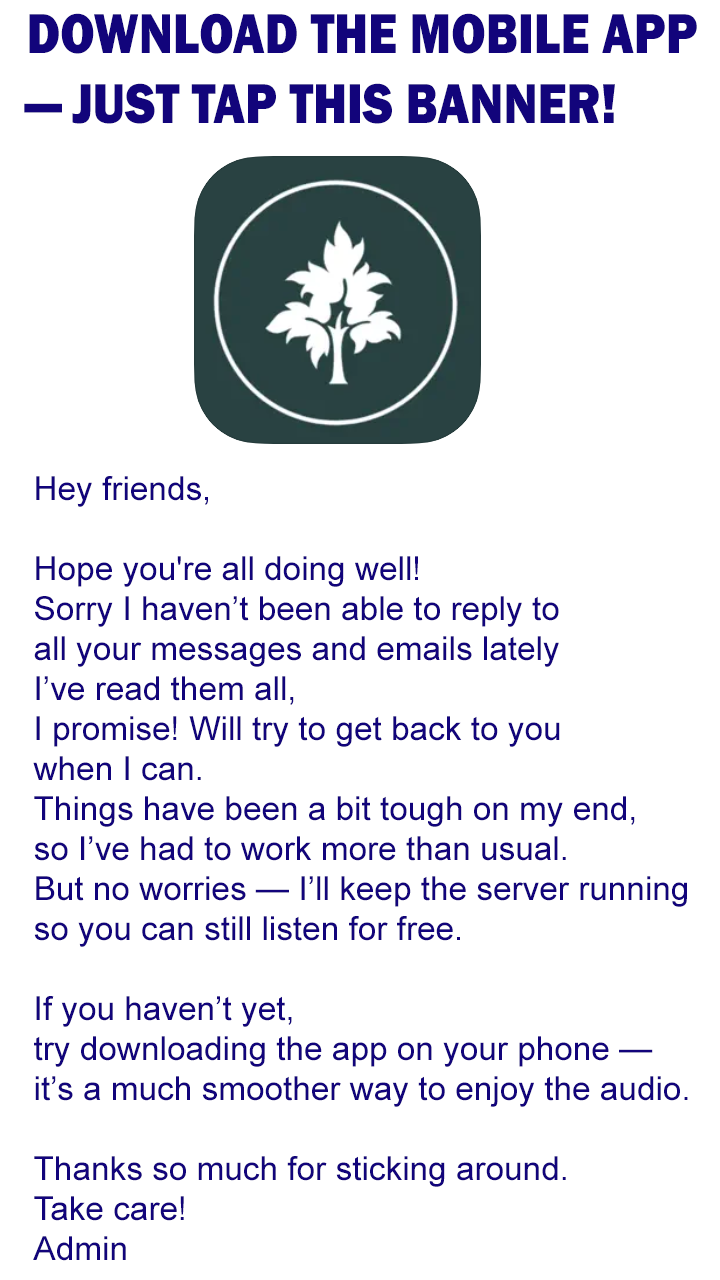This is hood feminism audiobook (comment to share you thoughts, we would love to hear from you. Thank @Beverly for sharing this audios). Lets play hood feminism full audios free online in the audio player below.

The audiobook is divided into ten chapters, each of which explores a different aspect of hood feminism. Kendall begins by defining what she means by hood feminism and why it is necessary. She argues that hood feminism is a form of feminism that is rooted in the experiences of women who live in poverty and face multiple forms of oppression. It is a feminism that is focused on the needs and concerns of women who are often ignored by mainstream feminist movements.
In the second chapter, Kendall explores the issue of hunger and how it affects women in poverty. She argues that hunger is a feminist issue because it disproportionately affects women and children. She also discusses the ways in which food insecurity is linked to other forms of oppression, such as racism and sexism.
In the third chapter, Kendall discusses the issue of housing and how it affects women in poverty. She argues that housing is a feminist issue because it is linked to economic security and the ability to escape abusive relationships. She also discusses the ways in which housing discrimination affects women of color.
In the fourth chapter, Kendall explores the issue of education and how it affects women in poverty. She argues that education is a feminist issue because it is linked to economic mobility and the ability to escape poverty. She also discusses the ways in which education discrimination affects women of color.
In the fifth chapter, Kendall discusses the issue of reproductive justice and how it affects women in poverty. She argues that reproductive justice is a feminist issue because it is linked to economic security and the ability to control one’s own body. She also discusses the ways in which reproductive justice is linked to other forms of oppression, such as racism and classism.
In the sixth chapter, Kendall explores the issue of domestic violence and how it affects women in poverty. She argues that domestic violence is a feminist issue because it is linked to economic security and the ability to escape abusive relationships. She also discusses the ways in which domestic violence is linked to other forms of oppression, such as racism and sexism.
In the seventh chapter, Kendall discusses the issue of incarceration and how it affects women in poverty. She argues that incarceration is a feminist issue because it is linked to economic security and the ability to escape poverty. She also discusses the ways in which incarceration is linked to other forms of oppression, such as racism and classism.
In the eighth chapter, Kendall explores the issue of body image and how it affects women in poverty. She argues that body image is a feminist issue because it is linked to self-esteem and the ability to feel confident in one’s own body. She also discusses the ways in which body image is linked to other forms of oppression, such as racism and sexism.
In the ninth chapter, Kendall discusses the issue of allyship and how it can be problematic. She argues that allyship is not enough and that it is important for people to take action to address the needs and concerns of women in poverty. She also discusses the ways in which allyship can be harmful if it is not done in a thoughtful and intentional way.
In the final chapter, Kendall offers a call to action for feminists to embrace hood feminism and work to address the needs and concerns of women in poverty. She argues that it is not enough to focus on the issues of middle-class white women and that feminism must be intersectional in order to be effective.
Overall, Hood Feminism is a powerful and important audiobook that challenges mainstream feminism and offers a new perspective on what it means to be a feminist. Kendall’s writing is clear and concise, and her arguments are well-supported by research and personal anecdotes. The audiobook is narrated by the author herself, which adds an extra layer of authenticity and passion to the work. I highly recommend this audiobook to anyone who is interested in feminism, social justice, and the intersectionality of oppression.


